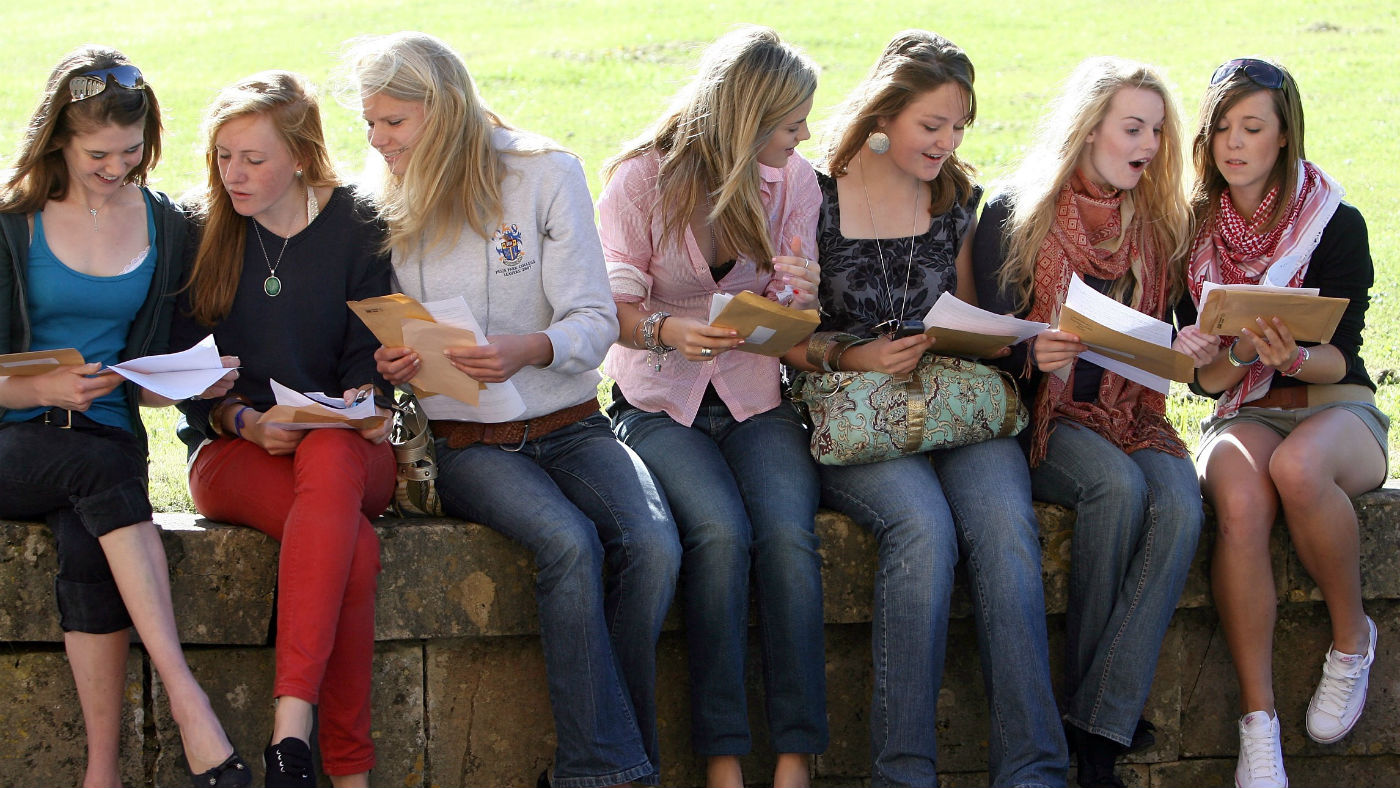Popular teens 'become anxious adults'
High-quality, not high-quantity, school friendships improve mental health later in life

A free daily email with the biggest news stories of the day – and the best features from TheWeek.com
You are now subscribed
Your newsletter sign-up was successful
Popular kids at school are more likely to become anxious adults, a new study has found.
Research by the University of Virginia found that high-school students with "higher-quality friendships", defined as close relationships with a degree of attachment and support, tended to improve in several aspects of mental health over time. But teens who were "popular", defined by the number of their peers who ranked them as someone they would like to spend time with, may be more prone to social anxiety later in life.
Assessing 169 teenagers over more than a decade, researchers found people who prioritised close friendships at age 15 had lower social anxiety, an increased sense of self-worth and fewer symptoms of depression by the time they reached 25.
The Week
Escape your echo chamber. Get the facts behind the news, plus analysis from multiple perspectives.

Sign up for The Week's Free Newsletters
From our morning news briefing to a weekly Good News Newsletter, get the best of The Week delivered directly to your inbox.
From our morning news briefing to a weekly Good News Newsletter, get the best of The Week delivered directly to your inbox.
This may be because positive experiences with friends at a time when personal identity is being developed bolster positive feelings about oneself, the researchers say.
Joseph Allen, a professor of psychology at the University of Virginia who co-authored the study, told The Independent that more focus must be directed on youngsters' close connections with their peers, particularly since the growth of social media.
"As technology makes it increasingly easy to build a social network of superficial friends, focusing time and attention on cultivating close connections with a few individuals should be a priority," he said.
A free daily email with the biggest news stories of the day – and the best features from TheWeek.com